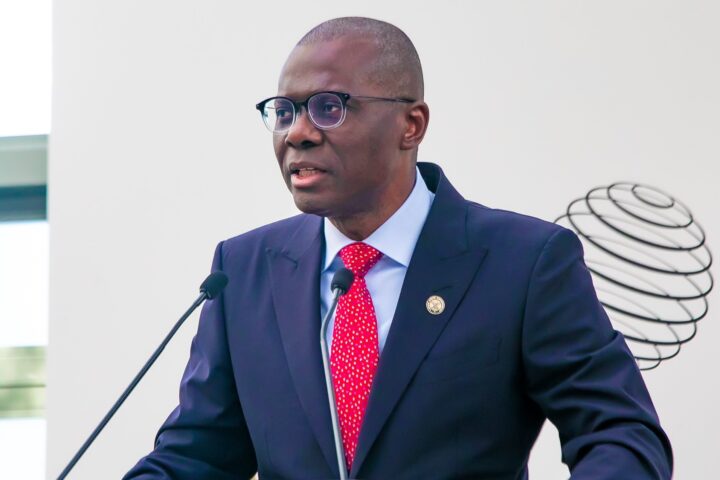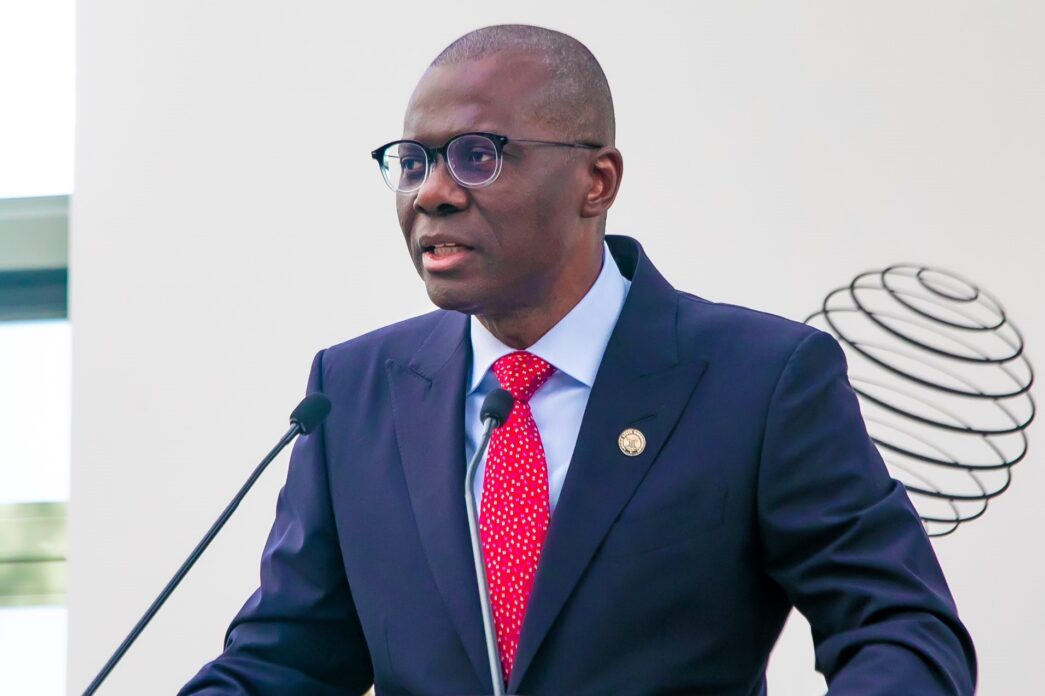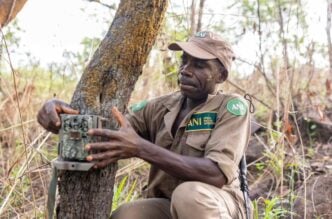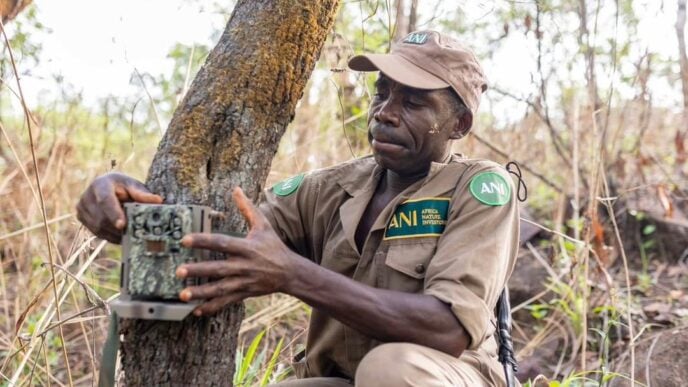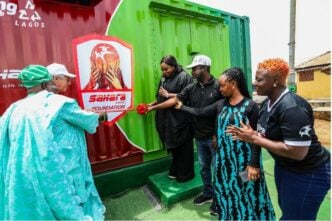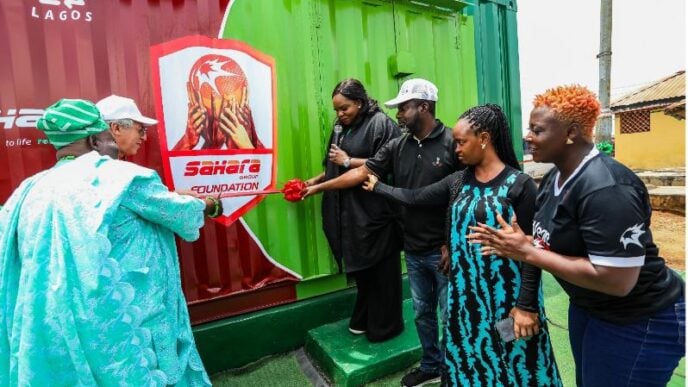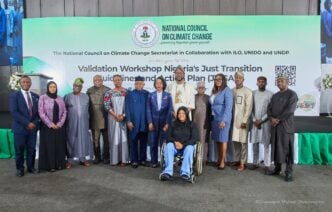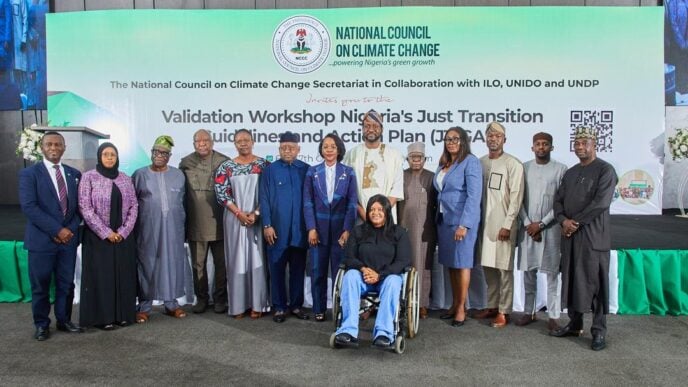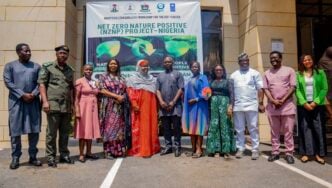Babajide Sanwo-Olu
Climate change directly affects our communities, health, and livelihoods.
Yet, media coverage often prioritises politics and business over climate-related stories, leaving crucial environment news under-reported.
Climate Watch seeks to bridge this information gap, ensuring that important climate change stories and mitigation efforts stay on your radar.
Here is a round up of last week’s climate stories:
Advertisement
- Babajide Sanwo-Olu, Lagos governor, has urged states across Nigeria to integrate climate change adaptation into their development plans.Sanwo-Olu, who was represented by Sam Egube, the deputy chief of staff, spoke at the Sub-National Dialogue on Mainstreaming Climate Change Adaptation into State Development Plans. The event, organised by the Deutsche Gesellschaft für Internationale Zusammenarbeit (GIZ) in partnership with the Lagos Office of Climate Change and Circular Economy (OCCCE), held on September 24 in Victoria Island, Lagos.
The governor said Lagos, home to nearly 28 million people, remains one of the fastest-growing megacities in the world, while also being the most vulnerable to climate change. He warned that the state could face potential losses of up to $29 billion if adaptation is not prioritised, with infrastructure, food systems, livelihoods and the wider economy all at risk.
According to him, flooding poses the most immediate threat, with more than 1.4 million people vulnerable to displacement. He noted that Lagos has already lost 84 percent of its shoreline in the past 50 years, with erosion advancing at an average of 2.6 metres annually. He added that severe flooding scenarios could submerge up to 165 square kilometres of land across 14 local government areas.
“Lagos is surrounded by wetlands, lagoons and creeks, with over 40 percent of its landmass covered by water. This geography supports commerce and biodiversity, but it also makes us highly vulnerable to rising sea levels, storm surges and coastal flooding,” Sanwo-Olu said.
AdvertisementThe governor explained that protecting Lagos’ coasts could require resources estimated at over N3 trillion, underscoring the urgency of partnerships and innovative financing. He said the state, through the OCCCE, is already embedding risk assessments into housing and infrastructure projects, restoring wetlands and mangroves, improving drainage, and strengthening early warning systems.
He added that the government is also investing in capacity building so that engineers, planners and emergency managers have the tools and data needed for climate-resilient decision-making.
Sanwo-Olu, however, stated that Lagos cannot confront the crisis alone. The governor called on other states to share knowledge, adopt policies that embed climate indicators into development frameworks, and create financing mechanisms that can attract both local and international support. He also underlined the role of the private sector and the need for inclusive governance to ensure that women, youth and vulnerable groups are not left behind.
-
Nigeria has submitted its updated Nationally Determined Contribution (NDC 3.0) to the United Nations Framework Convention on Climate Change (UNFCCC). With clearly defined mid-century pathways, Nigeria now commits to reducing greenhouse gas emissions by 29 percent by 2030 and 32 percent by 2035 compared to 2018 levels, moving decisively towards achieving net-zero emissions by 2060. The submission is part of global efforts to strengthen commitments ahead of the 30th Conference of Parties (COP30) scheduled for November in Brazil. Read more here.
-
US President Donald Trump has described climate change as “the greatest con job ever perpetrated on the world”. Speaking at the United Nations General Assembly (UNGA) in New York, Trump doubled down on his rejection of global climate action, saying efforts to cut emissions have weakened economies. The US president faulted the European Union’s efforts to shrink its carbon footprint and warned that nations investing heavily in renewables would “suffer economically”. Read more here.
Advertisement
